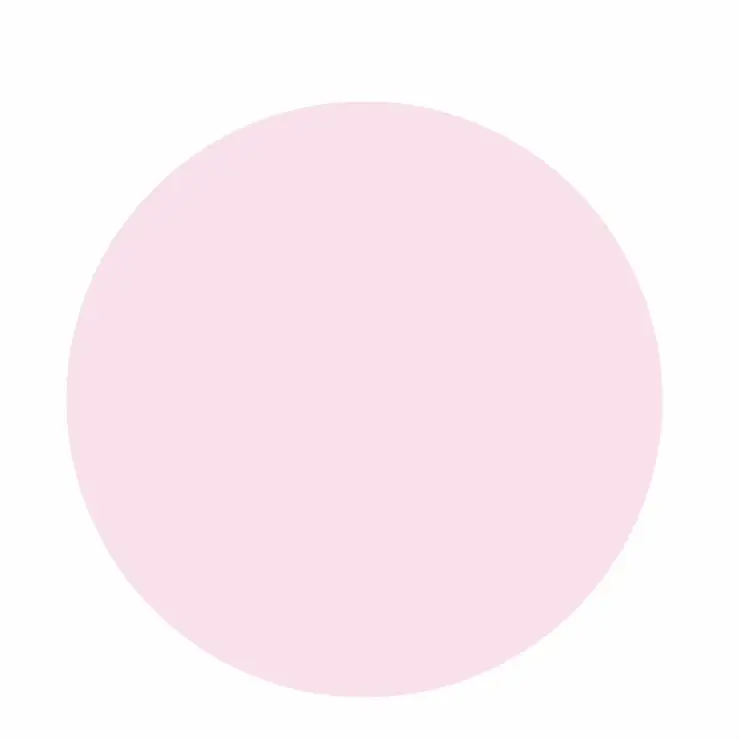-
#1 Recommended Plan
AT&T Speeds Up To5 GbpsLtd. avail/areas. Speeds vary, not g’td. Single devices wired speed maximum 4.7 Gbps.Connection: Fiber, IPBB, 5G InternetAvailability: 27.7%Why AT&T? AT&T Fiber's symmetrical gigabit speeds make it the ideal choice for busy households with streamers, gamers and remote workers. -
4. T-Mobile Download Speeds:87 - 415 MbpsRely, All-In, and Amplified Internet plans can experience fast speeds with T-Mobile’s latest 5G gateway, delivering typical download speeds between 133 Mbps – 415 Mbps. 25% of our customers see speeds below and 25% see speeds above these ranges. T-Mobile Home Internet is delivered via 5G cellular network and speeds vary due to factors affecting cellular networks. See https://t-mobile.com/OpenInternet for additional details.Connection: 5G InternetAvailability: 38.4%
Internet Providers in Waupaca, WI
Refine your search for better results:
Compare Top Providers in Your Area
- AT&T Internet vs. Spectrum
- AT&T Internet vs. T-Mobile 5G Home Internet
- AT&T Internet vs. Verizon 5G Home Internet
- Hughesnet vs. Viasat Internet
- Hughesnet vs. T-Mobile 5G Home Internet
- Hughesnet vs. Verizon 5G Home Internet
- Spectrum vs. T-Mobile 5G Home Internet
- Spectrum vs. Verizon 5G Home Internet
- Starlink vs. Viasat Internet
- T-Mobile 5G Home Internet vs. Verizon 5G Home Internet
- Viasat Internet vs. T-Mobile 5G Home Internet
- Viasat Internet vs. Verizon 5G Home Internet
Best Internet Providers in Waupaca, WI
Spectrum leads in Waupaca, Wisconsin, offering cable connections to 61.30% of the city. With download speeds up to 1 Gbps, their plans start at $49.99 per month. Users needing reliable and fast internet for streaming or gaming find Spectrum appealing. AT&T Internet ranks second, covering 46.50% with IPBB connections. Their maximum download speed hits only 25 Mbps, starting at $60 per month. This makes AT&T a more suitable choice for customers with lighter internet needs, especially in areas where cable isn't an option. In Waupaca, cable and fiber connections are generally preferred. However, for those in less accessible areas, fixed wireless and satellite offer almost complete coverage.Spectrum leads in Waupaca, Wisconsin, offering cable connections to 61.30% of the city. With download speeds up to 1 Gbps, their plans start at $49.99 per month. Users needing reliable and fast internet for streaming or gaming find Spectrum appealing.
AT&T Internet ranks second, covering 46.50% with IPBB connections. Their maximum download speed hits only 25 Mbps, starting at $60 per month. This makes AT&T a more suitable choice for customers with lighter internet needs, especially in areas where cable isn't an option.
In Waupaca, cable and fiber connections are generally preferred. However, for those in less accessible areas, fixed wireless and satellite offer almost complete coverage.
What’s a Good Internet Speed?
| Internet Speed | Appropriate For | Providers in your Area offering this Speed | Availability in your Area |
|---|---|---|---|
| 100 Mbps |
|
|
100% |
| 1000 Mbps (1 Gbps) |
|
|
61.33% |
Learn more about internet speeds:
Provider Connection Types in Waupaca, WI
| Connection Type | About this Connection Type | Availability in Waupaca, WI |
|---|---|---|
| Satellite |
|
100% |
| DSL |
|
27.03% |
| Cable |
|
61.57% |
| Fiber |
|
13.15% |
Internet Providers in Waupaca, WI
| Provider | Plans Starting At | Speeds Up To | Connections | |
|---|---|---|---|---|
| AT&T Fiber | $34/mo Prices may vary depending on the plan | 5 Gbps Ltd. avail/areas. Speeds vary, not g’td. Single devices wired speed maximum 4.7 Gbps. | Fiber, IPBB, 5G Internet | |
| Spectrum | $30/mo Prices may vary depending on the plan | 2 Gbps Speeds up to 2G in Select Markets. | Cable | |
| Viasat Internet | $69.99/mo Prices may vary depending on the plan | 150 Mbps Not all internet speeds available in all areas. | Satellite | |
| Verizon 5G Home Internet | $35/mo Prices may vary depending on the plan | 300 Mbps Not all internet speeds available in all areas. | 5G Internet | |
| XNET WiFi | $65/mo Prices may vary depending on the plan | 2 Gbps Not all internet speeds available in all areas. | Fixed Wireless | |
| Amherst Telephone Company | $74.99/mo Prices may vary depending on the plan | 1 Gbps Not all internet speeds available in all areas. | Fiber | |
| WaupacaOnline | $25/mo Prices may vary depending on the plan | 40 Mbps Not all internet speeds available in all areas. | Fixed Wireless | |
| UScellular | $50/mo Prices may vary depending on the plan | 100 Mbps Not all internet speeds available in all areas. | Fixed Wireless | |
| Starlink | $59/mo Prices may vary depending on the plan | 350 Mbps Not all internet speeds available in all areas. | Satellite | |
| Hughesnet | $39.99/mo Prices may vary depending on the plan | 100 Mbps Not all internet speeds available in all areas. | Satellite |
Are you a journalist or researcher writing about this topic?
Contact us and we'll connect you with a broadband market expert on our team who can provide insights and data to support your work.













